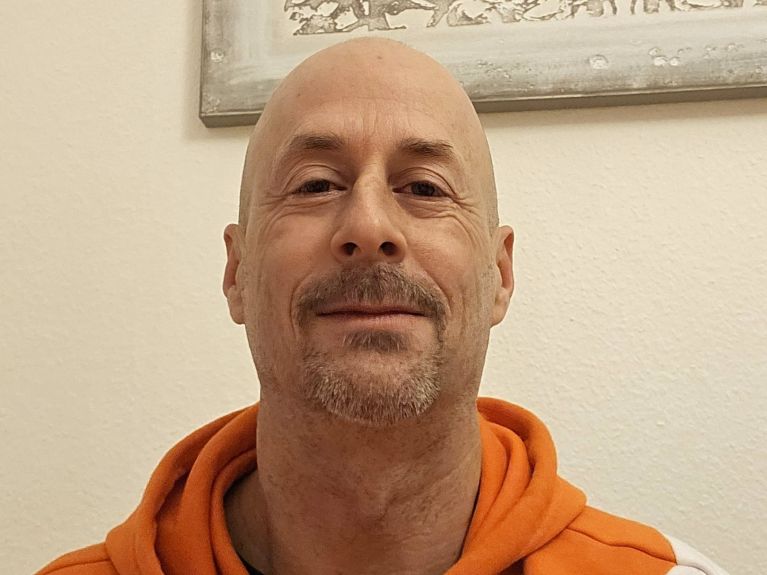Using meditation to cope with crises
More and more people are searching for ways to deal with stress and cope with crises. Self-care training is regarded as an effective method.

“I found my thoughts spiralling to such an extent that it was almost impossible for me to sleep. Worries and fears were dominating my life,” recalls Gene Goff. Around ten years ago, the 57-year-old was close to collapsing under the burden of the challenges he was facing in his work and personal life. Working in a managerial role, the industrial engineer had huge responsibility in a stressful job, while crises at home plus a divorce added to the load on his psyche. “I realised that I had reached the limits of what I could cope with.”

But Gene Goff found a way out: mindfulness and meditation helped him keep his head above water and find new joy in his life. “You don’t need a guru to do it - just a willingness to discover yourself,” says Gene Goff. “You find a way of accessing your inner life and get a set of instruments that enable you to become calmer and more serene.”
These days, Gene Goff is not only an advocate of these techniques to achieve greater mindfulness, but also an example of how effective they can be – something that is also corroborated by scientists.
The science behind mindfulness
Dr Britta Hölzel, a psychologist, neuroscientist and mindfulness teacher, researches the potentially positive effects of mindfulness and meditation. She uses imaging techniques such as magnetic resonance imaging in her studies to show that the practice of mindfulness not only increases a sense of wellbeing but also brings about measurable changes in the brain.

“Meditation has been shown to be an effective method of overcoming stress. And mindfulness is an attitude towards life: we are happier when we feel in contact with whatever we happen to be doing - regardless of whether we like doing it or not,” says Hölzel.
New approaches needed more urgently than ever
Recent figures make it clear that practices such as mindfulness and meditation are more relevant than ever in Germany these days. According to a study conducted by the Stiftung Deutsche Depressionshilfe, 24 percent of those surveyed have been diagnosed with depression at some point in their lives, while five percent are currently suffering from medically confirmed depression. The survey of 5,000 people aged between 18 and 69 highlights the urgency of finding new approaches to improving mental health.
Contact with depression
- 24 % : Affected themselves (diagnosed)
- 18 % : Affected themselves (not diagnosed)
- 26 % : Family members
- 28 % : Friends and acquaintances
And this is very much en vogue just now: according to surveys, around 15 million people in Germany now meditate, or at least are interested in meditation - and the numbers are rising. 95 percent of those who practise mindfulness report that it has had a positive impact on their lives - just as Gene Goff has proven himself.


